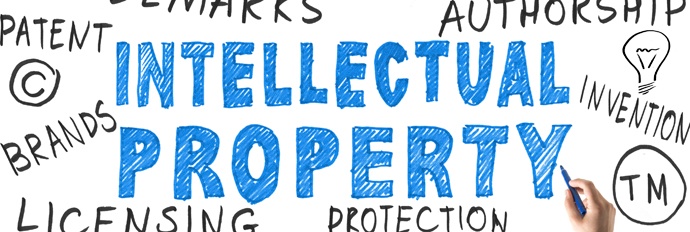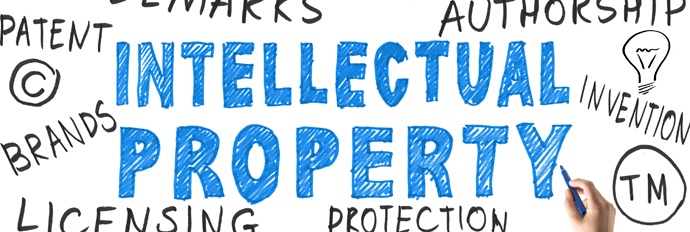Small Tradeshow Budget and Booth, Big Impact: 4 Ways to Improve ROI
In the whirlwind of a large-scale trade show, a 10×10 booth can easily fade into the background. These compact booths often get overlooked and lost...
2 min read
Katie Steelman Tue, May 31, 2016


Last week, we spoke with Greg Gribben and Katie McGuire of Woods Oviatt Gilman about trademark entity discovery during a company rebrand. This week we'll share our conversation about the main intellectual property challenges for companies in their second stage of growth. From exit strategy to working with outside vendors, growing companies have a lot to consider.
Michele: Most of our clients are second-stage growth companies. They’re moving into a new market, introducing a new technology, or considering a spin off. In your work, what are some common mistakes you see at this next stage of growth?
Katie: Late or insufficient due diligence. It’s important that we really scour the IP and make sure everything is in place. If we’re on the acquiring side, we’re going to look at that IP and make sure that they have what they say they have. We would do our own validity study on patents to make sure that they could withstand a challenge. You could do the same thing on the trademark side, go back and look at the history with fresh eyes. But the longer something is used without incident, the more comfortable you become; you think the risk is low.
Michele: Are you opening up Pandora’s Box by looking into it then?
Greg: It depends on what stage you are in. The owner may likely be looking to exit at some point. Do you want to find out now, earlier in the process before you’ve got a buyer there, and then you realize you’ve got these IP issues? If you can address them earlier in the process, it’s easier and less costly for you to manage. It also reduces surprises at the time of the sale that could derail the deal. So you can better manage the buyer’s expectations.
Michele: Are there other common challenges at this stage?
Katie: Often, in working with outside vendors, a different level of agreement is needed. First, before you talk with a vendor, get a CDA in place. Often, a bilateral agreement is not necessary. You need another agreement as soon as you talk about money changing hands.
Greg: Also with software and other IP you want to make sure you have ownership rights if you've used an outside developer to help. We’ve often seen companies who discover at the time of sale that they don’t own what they think they own. In one example, a company discovered they didn’t own the CRM software they hired a vendor to develop.
Katie: Yes, and in another case, a dispute over ownership of a company’s product packaging art actually stopped the divestiture. All of these contracts go under a microscope when you’re divesting or acquiring.
Thanks again to Greg and Katie for taking the time to talk with us!
Tasting Notes: Michele, Katie, and Greg sampled two local craft beers that are ideal for spring, Sweet Tang grapefruit lager by Hamburg Brewing Company in Buffalo, NY, and Ithaca Flower Power IPA, hoppy with a bit of citrus.

In the whirlwind of a large-scale trade show, a 10×10 booth can easily fade into the background. These compact booths often get overlooked and lost...

Featuring insights from Starlet Smith, Lead Agile Coach at Alliant Energy Product development cycles are lengthening, increasing the risk of missing...

We work with B2B leaders every day who have extensive marketing data, but don't know what to make of it. It's hard to know you're on track to meet...